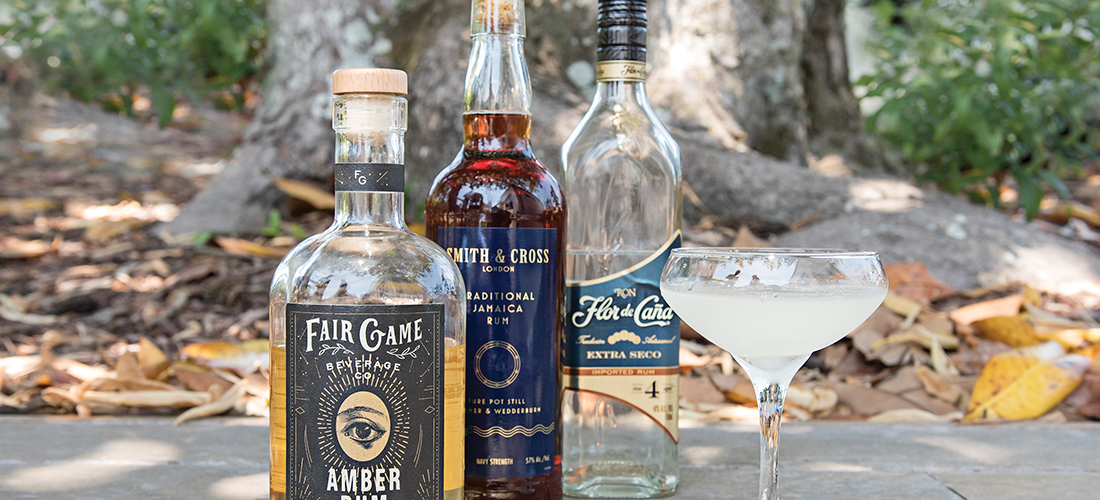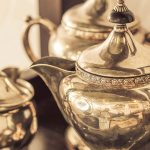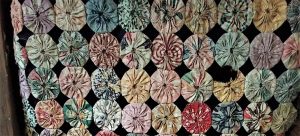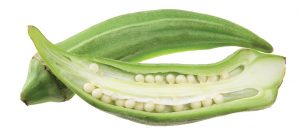
The Daiquiri
And the way to perfect it with myriad rums
By Tony Cross
The next time you’re in an establishment and you’re uncertain if the drinks on their cocktail list are any good or not, order a daiquiri. If you’re envisioning a syrupy, strawberry-colored frozen drink that comes in a 16-ounce piña colada glass, keep reading. To make a classic daiquiri, all you need is rum, lime juice and sugar. But like many other pre-Prohibition cocktails, the daiquiri was ruined in the ’70s with artificial everything. When made correctly, this cocktail is the epitome of balance: not too boozy, not too tart, and not too sweet. Chances are, if the bartender can make a good daiquiri, the other cocktails on the list will also be balanced. I’ve had guests request a daiquiri for this very reason, and it resulted in their group ordering a few other cocktails throughout the evening.
I tried this gambit out a few years back on a hot summer afternoon. The bartender took my order, only to return a few minutes later to ask if I “wanted that blended.” I opted for the sauvignon blanc instead. Here are a few of my favorite rums that I’ll be making daiquiris with and kicking back during the first month of summer.
Flor de Caña Extra Seco 4 Years
Cocktail historian David Wondrich calls the daiquiri “the first true classic cocktail to be invented outside the United States.” He’s right, and like so many classic cocktails that I’ve researched, many bartenders from the past have taken credit for their creation. Wondrich found the daiquiri referred to as the “Cuban Cocktail” in a cocktail book from Hugo Ensslin called Recipes For Mixed Drinks published in 1916. However, in a later edition of the book, Ensslin corrects himself, giving credit to Jacques Straub for publishing the cocktail in 1914. What we do know is that the original was made with Bacardi rum. Bacardi in the early 1900s was different from the Bacardi we know today. Back then it was rich and “exceptionally smooth.” Today, it’s very light, with not much flavor. Instead, grab a bottle of Flor de Caña Extra Seco 4 Years. Based in Nicaragua, this distillery — meaning “Flower of the Cane” — has been around since 1890. The sugar cane was planted at the foot of a volcano in hopes that the soil would enrich the flavors of the rum, and the humidity would naturally age it once it was in oak barrels. Flor de Caña makes a lot of different aged rums: four year, five year, seven year, 12 year, 18 year, and a 25 year. This is the best go-to rum for making a classic daiquiri without hurting your pocket: less than $20 a bottle.
Classic Daiquiri
2 ounces Flor de Caña Extra Seco 4 Years
3/4 ounce fresh lime juice
1/2 ounce simple syrup (2:1)
Combine all ingredients in a cocktail shaker with ice, and shake vigorously until the shaker is very cold. Strain into a chilled cocktail coupe glass. No garnish.
Fair Game Beverage Company’s Amber Rum
A few years back, Fair Game distiller Chris Jude released a sorghum rum titled “No’Lasses.” It was delicious and different: great rum characteristics, but with a whiskey backbone. Last year, he released his Amber Rum. He sources his panela sugar from Colombia. Panela sugar is made from evaporated cane juice; it’s a raw sugar with rich flavors. This sugar gives the rum a sweet, floral and grassy profile. Like the No’Lasses, it’s also aged in bourbon barrels after distillation in Jude’s alembic pot still. The sugar ferments very slowly with Caribbean rum yeast before being added to the still. If you’re looking for a daiquiri with more body and flavor, use this rum. You can use it with the same specs from the daiquiri recipe above or when making a Hemmingway, named for the author, of course. Legend has it, at the El Floridita bar in Havana, Hemmingway set a house record for drinking 16 doubles (sans the sugar — that alone would’ve probably killed him).
Hemmingway Daiquiri
2 ounces Fair Game Amber Rum
3/4 ounce fresh lime juice
1/2 ounce fresh grapefruit juice
Bar spoon maraschino liqueur
Bar spoon simple syrup (2:1)
Combine all ingredients in a cocktail shaker with ice, and shake vigorously until the shaker is very cold. Strain into a chilled cocktail coupe glass. No garnish.
Smith & Cross Traditional Jamaican Rum
My favorite rum. Ever. There are so many great things to say about this funky rum. Funky as in all kinds of flavor — on the nose it smells like a Werther’s caramel drop and on the palate there are ripe bananas, nuttiness and spice, undertones of grass, oak and honey. Coming in at a whopping 57 percent ABV, this is my definition of pirate rum. Titled “Navy Strength,” it must be at least 100 proof, which was the traditional strength requirement of the British Navy.
Smith & Cross is one of the oldest producers of spirits and sugar in England. Dating back to 1788, the sugar refinery was located on the London docks. As time passed, the refineries turned into rum cellars. Haus Alpenz, the distributor of Smith & Cross, says, “At this proof a spill of the spirits would not prevent gunpowder from igniting. As important, this degree of concentration provided an efficiency in conveyance on board and onward to trading partners far away.” This rum is bottled in London, and made with a combo of the Wedderburn and Plummer styles of rum producing. The Wedderburn style is aged for less than a year, and the Plummer is aged one to three years in white oak. Molasses, skimmings (the debris that collects of the top of the boiling fluids, skimmed off during molasses and sugar production), cane juice, the syrup bottoms from sugar production, and the dunder (the liquid left in the boiler after distilling rum) make this rum my favorite; it’s not just because we share the same name.
Here’s my recipe for a daiquri. This has got
to be one of my favorite cocktails to drink. The half ounce of Smith & Cross does wonders for this quick sipper.
Cross Daiquiri
1 1/2 ounces Flor de Caña Extra Seco
1/2 ounce Smith & Cross Jamaican Rum
3/4 ounce fresh lime juice
1/2 ounce simple syrup (2:1)
Combine all ingredients in a cocktail shaker with ice from distilled water, and shake vigorously until the shaker is very cold. Strain into a chilled cocktail coupe glass. No garnish. OH
Tony Cross is a bartender who runs cocktail catering company Reverie Cocktails in Southern Pines.





